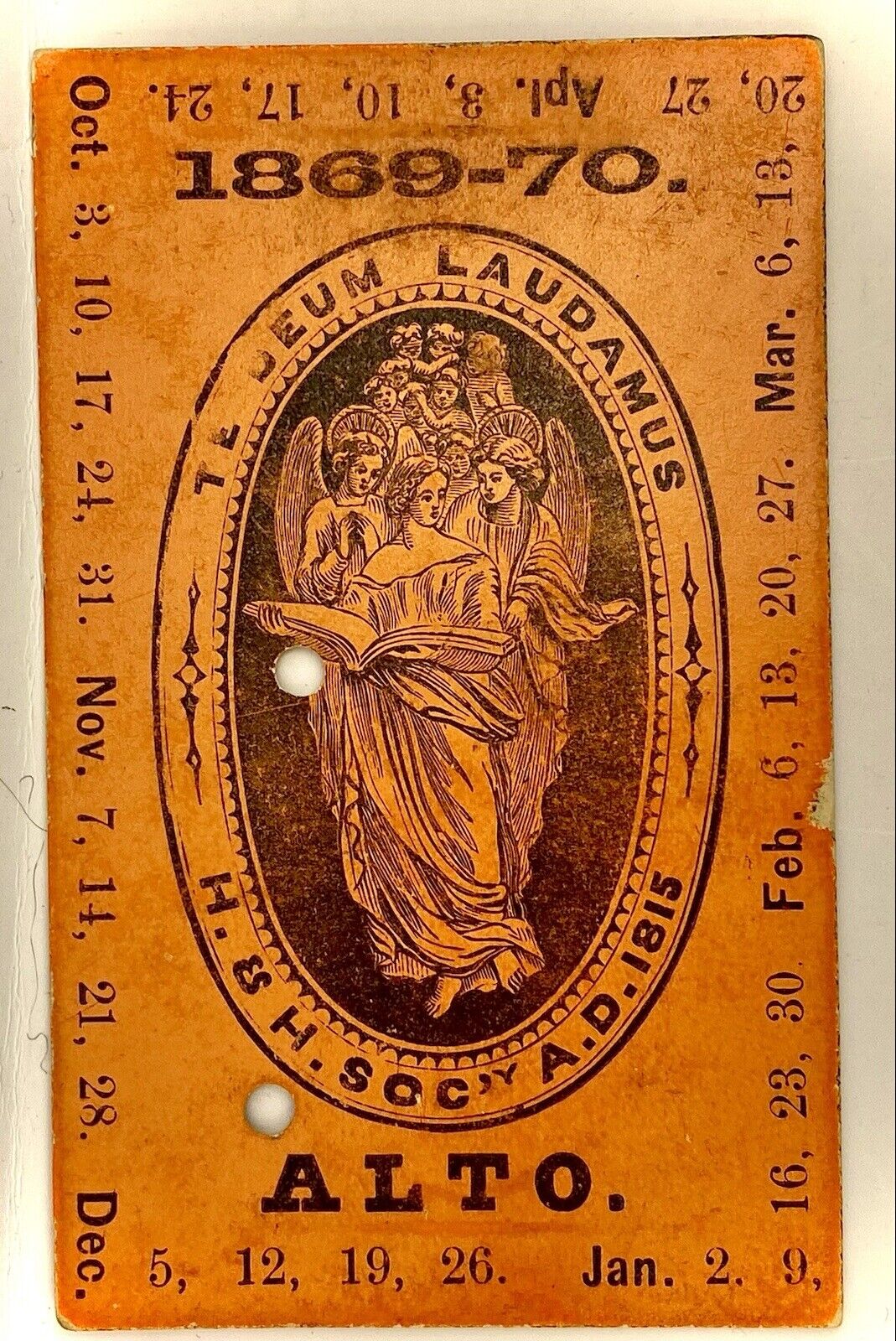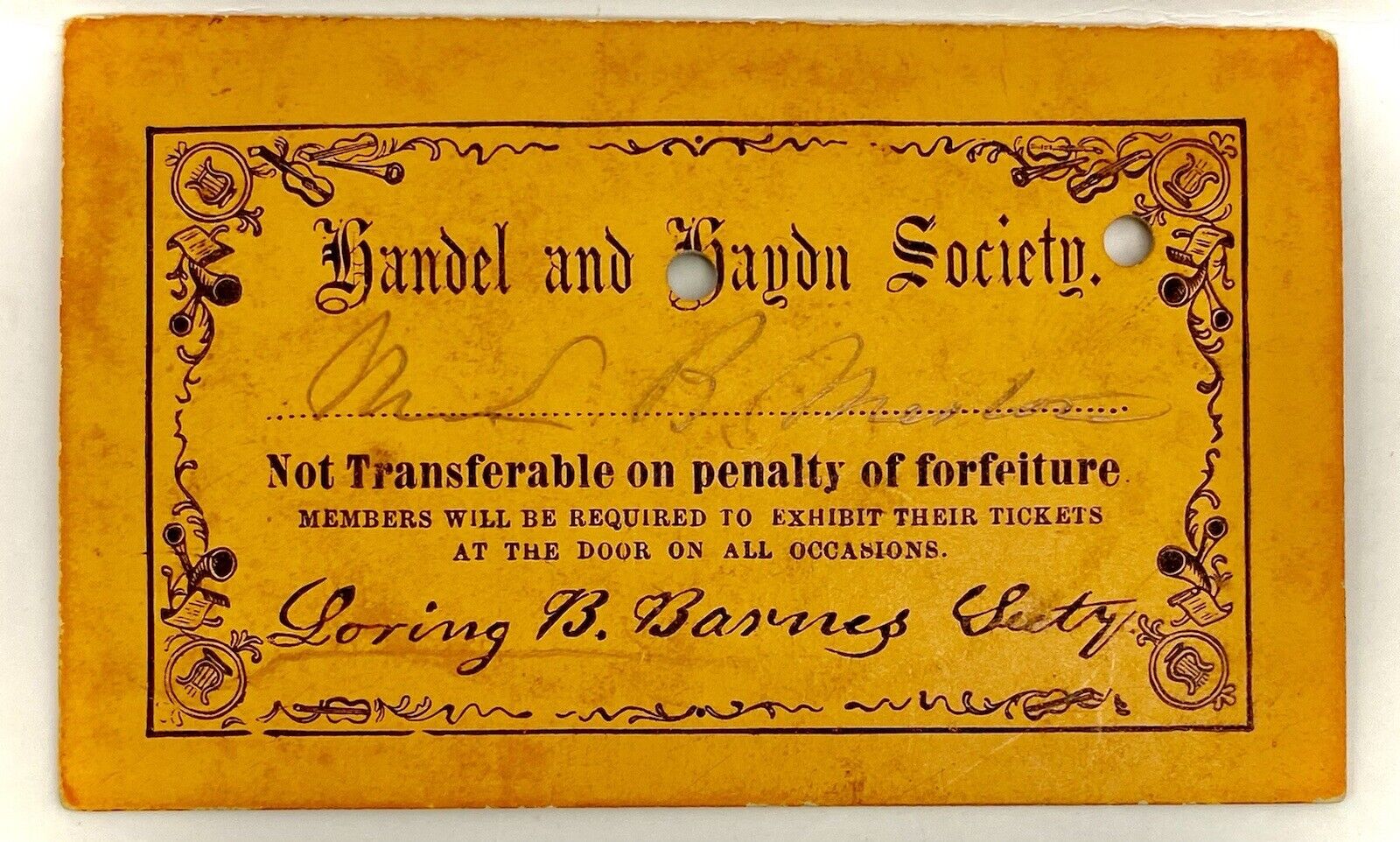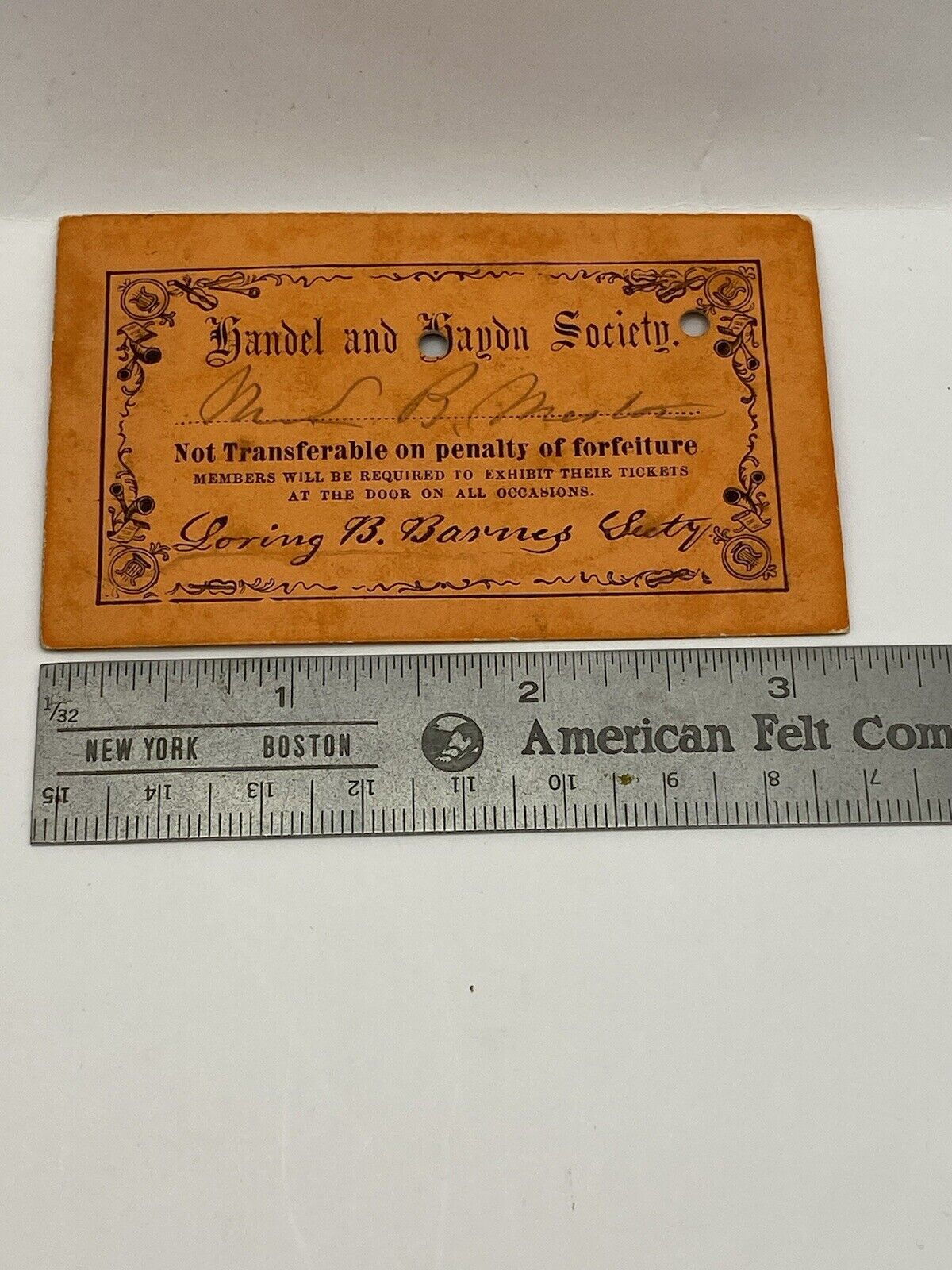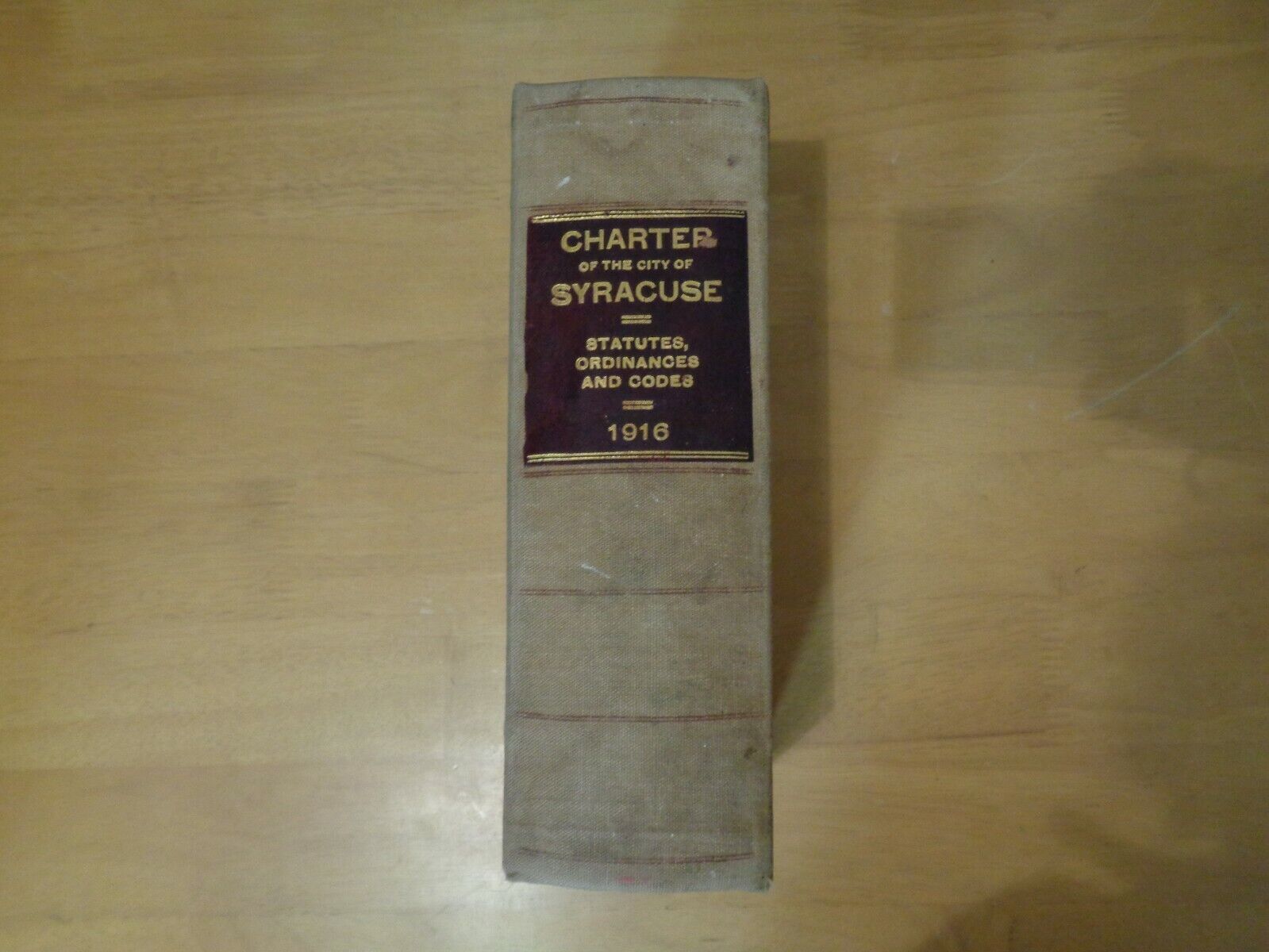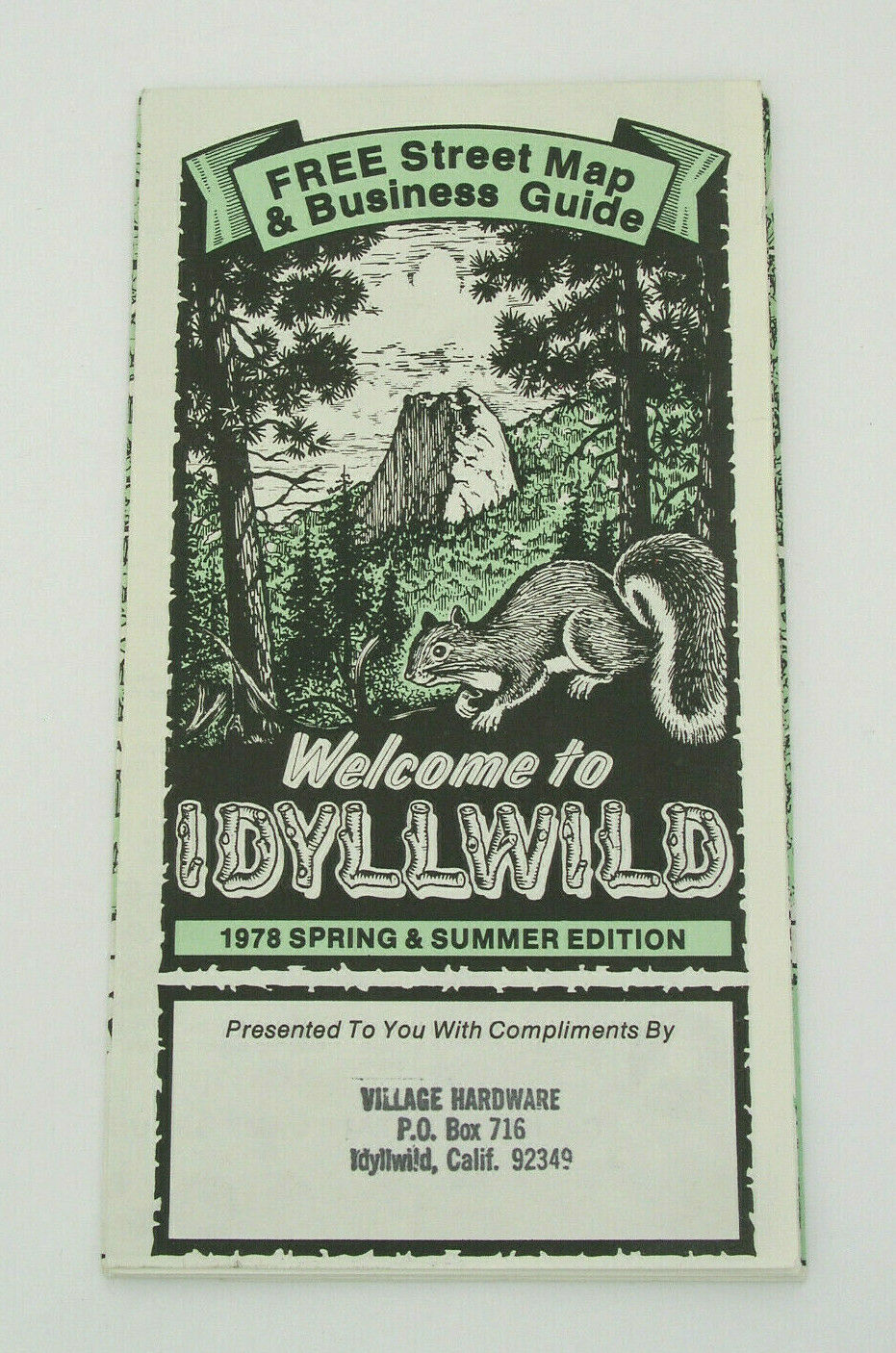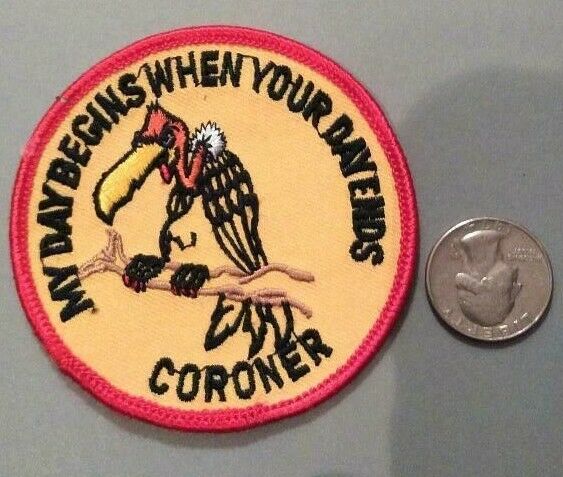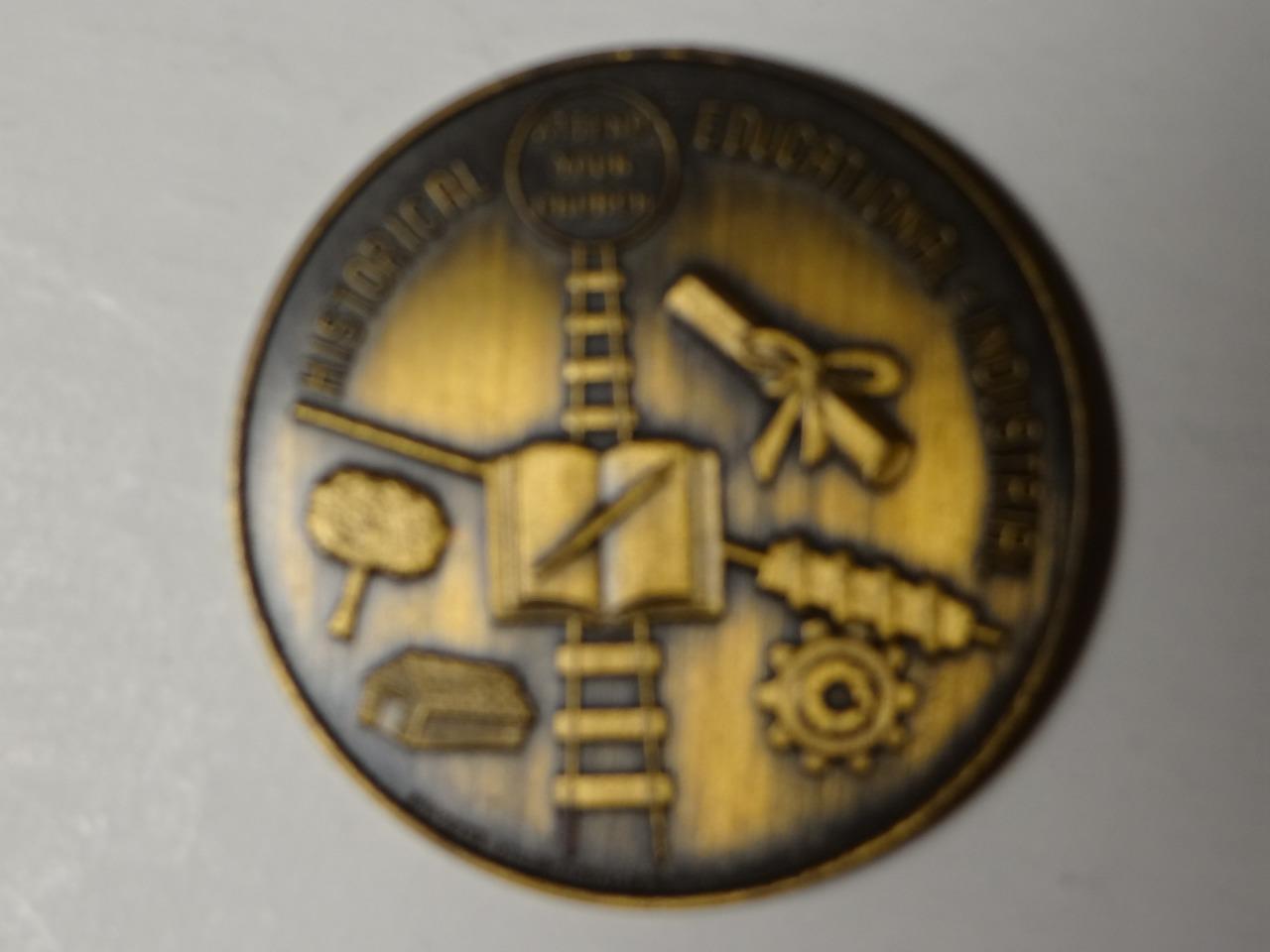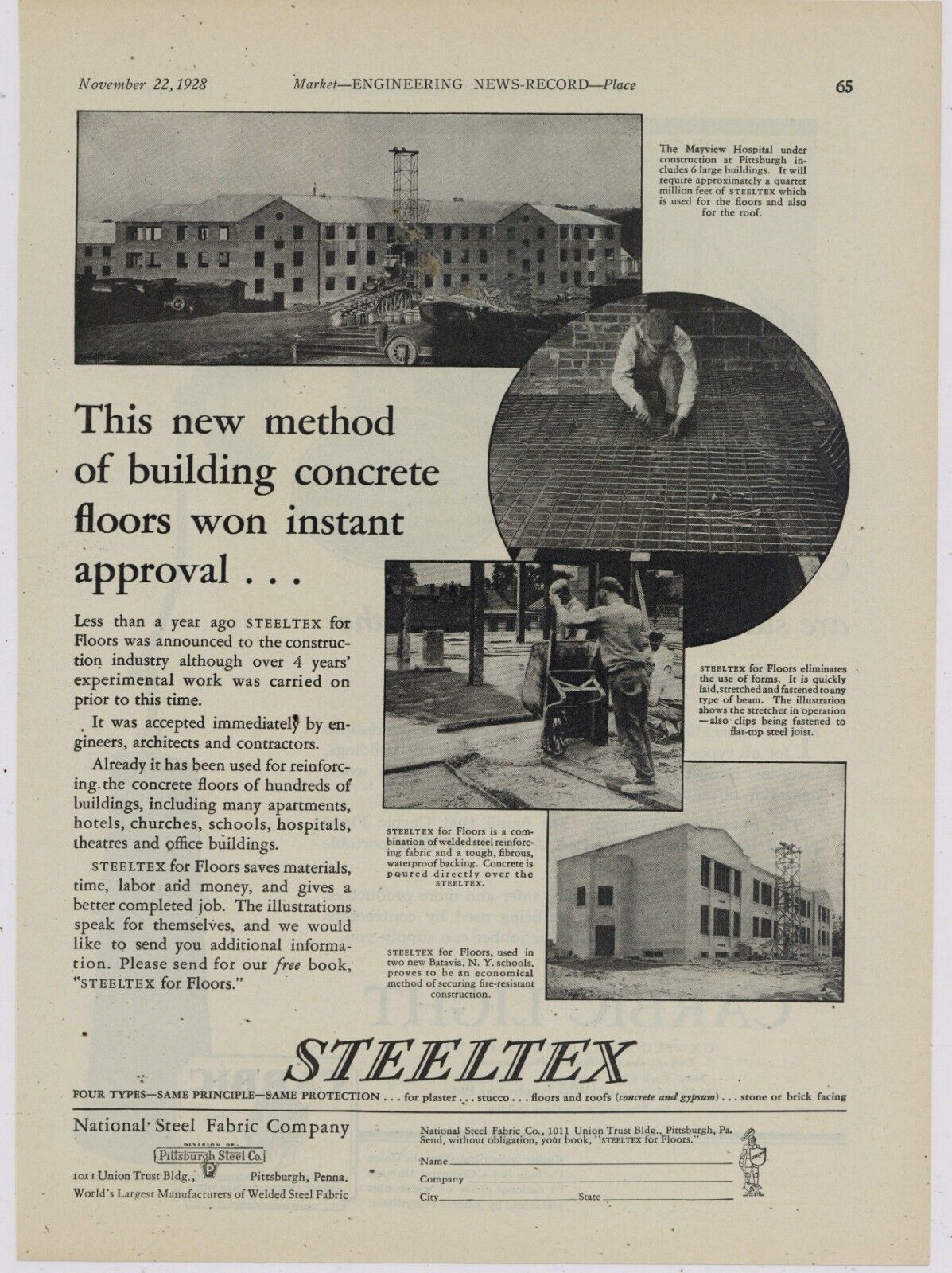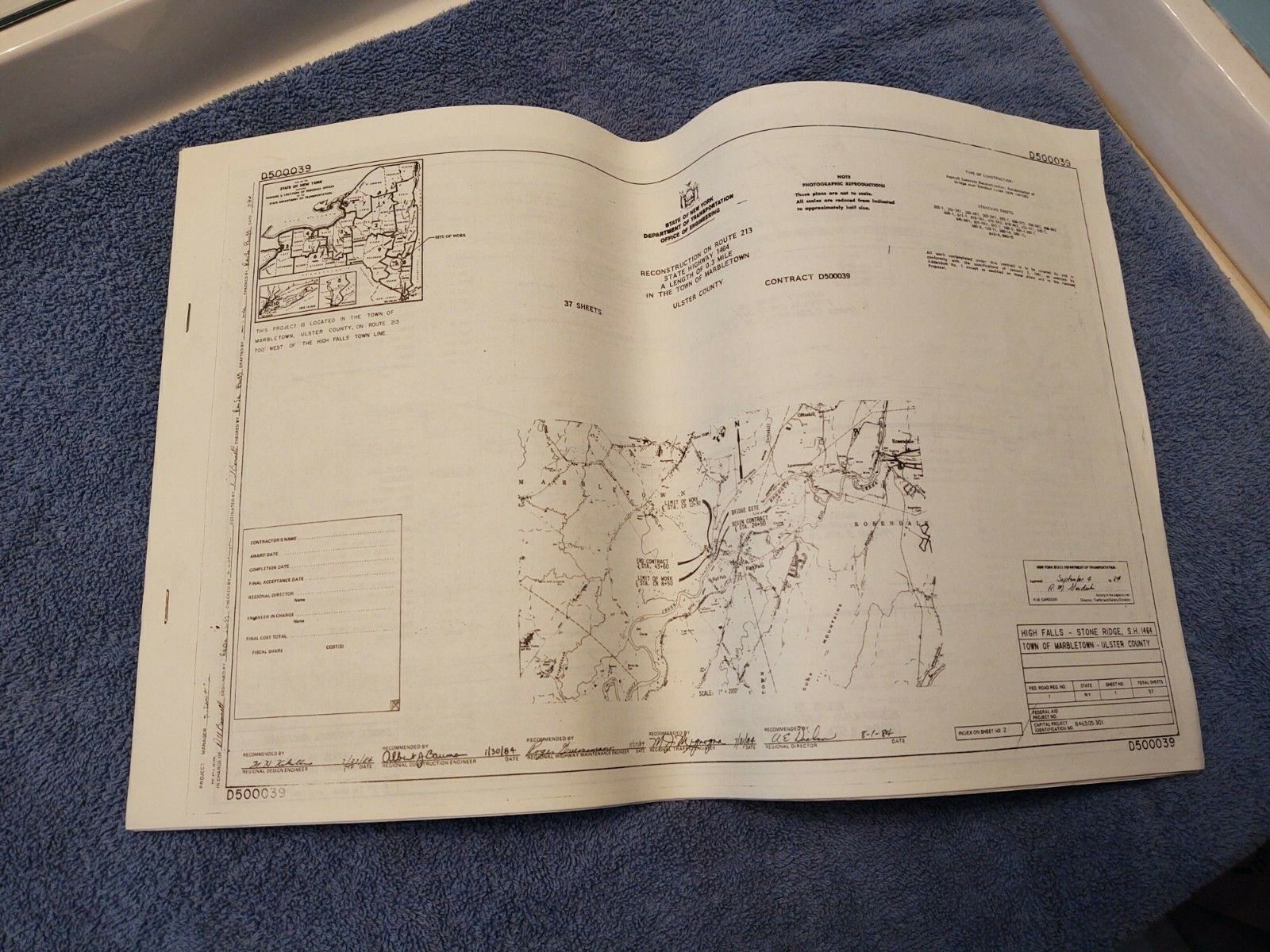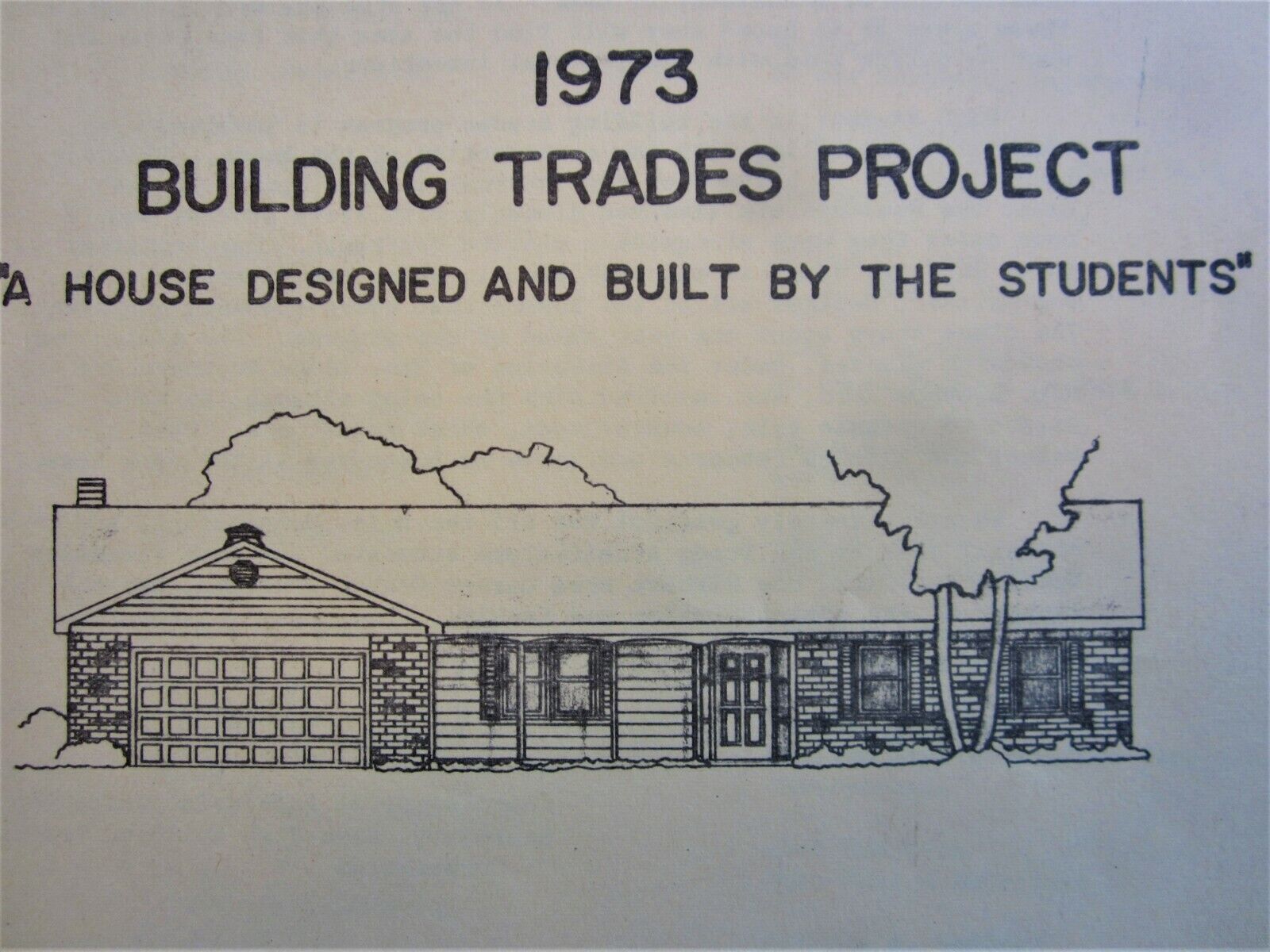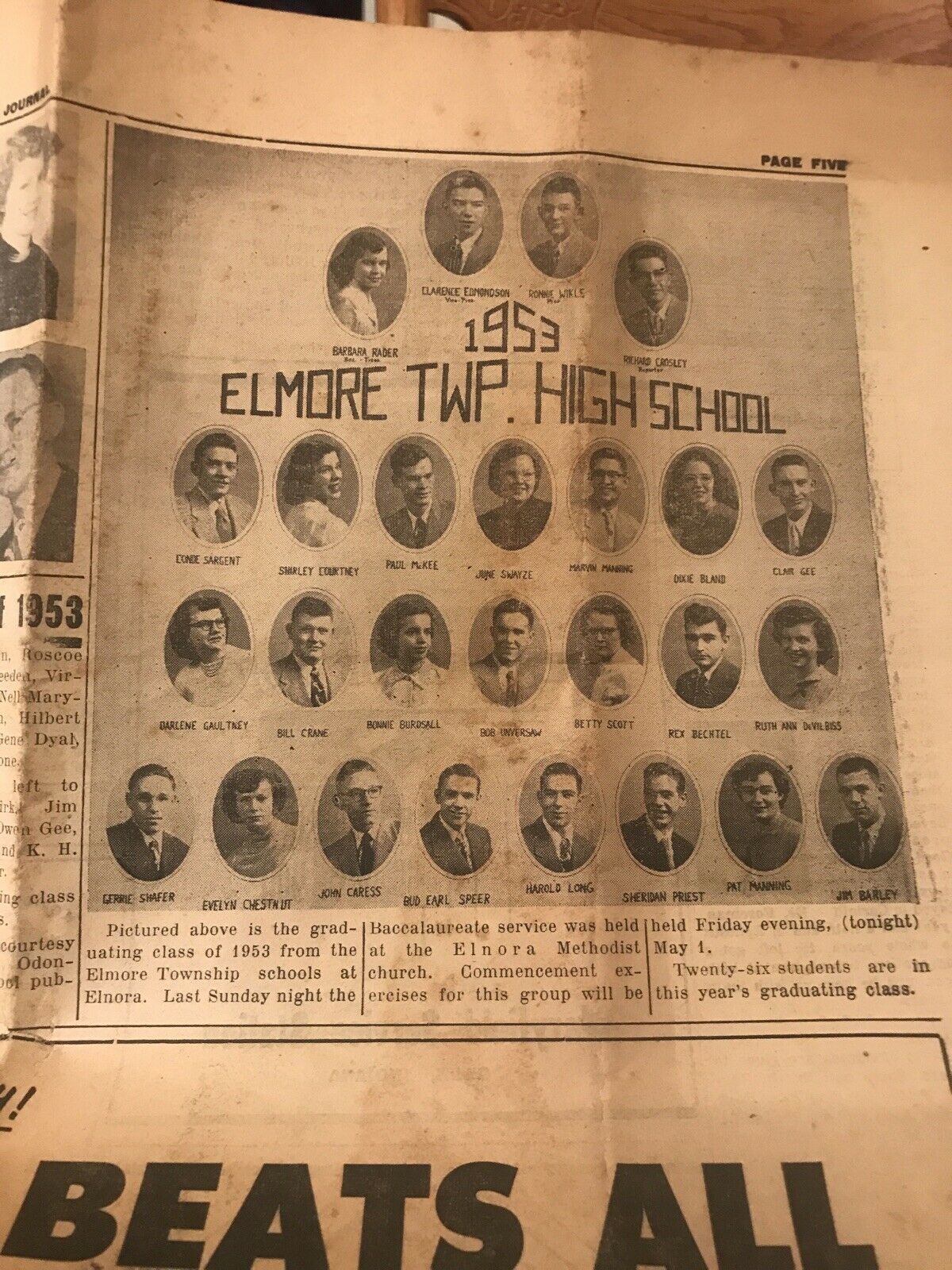-40%
1869-70 Handel And Haydn Society ALTO Choir Member Pass Ticket Boston MA
$ 84.46
- Description
- Size Guide
Description
1869-70 Handel And Haydn Society ALTO Choir Member Pass Ticket Boston MAa rare piece of American classical music history.
orange pass on heavy card stock with black lithographed dates and the societies crest. general wear from age and use no major rips or tears.
3.5 X 2 inch
The Handel and Haydn Society, familiarly known as H+H, is an American chorus and period instrument orchestra based in Boston, Massachusetts. Founded in 1815, it is in its 207th consecutive season, the most of any performing arts organization in the United States.
The Grammy-winning Handel and Haydn Society was founded as an oratorio society in Boston on March 24, 1815, by a group of Boston merchants and musicians, "to promote the love of good music and a better performance of it".
The Handel and Haydn Society has given a number of notable American premieres, including Handel's Messiah in 1818,[9] and Haydn's The Creation in 1819.[10][11] The society also sponsored the first American publication of an edition of Messiah in 1816.[12] It presented the U.S. premieres of musical settings by many baroque and classical composers, including Mozart and Bach. The society's principal chronicler believes that repeating repertoire was necessary to support "much rehearsing until the inexperienced singers could master that which special enthusiasm had carried through in rough outline."[15] Membership from the start and well into the 20th century was limited to men, though the chorus, which was first dominated by male voices, was soon roughly balanced between male and female.[16]
From its earliest years, Handel and Haydn participated in music festivals and civic celebrations to commemorate significant historical events. For the visit of President James Monroe in 1817, the H+H orchestra performed a march composed for the occasion by their concertmaster, followed by almost two dozen arias and choruses.[18] In 1826, H+H joined the services in Faneuil Hall marking the deaths of President Adams and Jefferson. In 1830 it helped mark the 200th anniversary of the founding of Boston, and it gave a concert in 1833 to help raise funds for the completion of the Bunker Hill Monument.[19] President John Tyler attended an 1843 concert,[20] and the society helped commemorate the death of Daniel Webster in 1852.[21] That same year it participated in the opening of the Boston Music Hall, which later became the first home of the Boston Symphony Orchestra.[22] The next year it presented the Boston Premiere of Beethoven's Ninth Symphony.[22] Its 600-member chorus participated in Boston's memorial service for Abraham Lincoln,[23] singing "Mourn, ye afflicted people" from Handel's Judas Maccabaeus and "Cast thy burden upon the Lord" from Mendelssohn's Elijah. It marked the centennial of Beethoven's birth by performing selections from his Ninth Symphony in 1870.[24] When Boston paid tribute to Admiral George Dewey upon his return from the Spanish–American War in 1899, 280 H+H singers greeted his arrival at City Hall with "See the Conquering Hero Comes" from Judas Maccabaeus.[25] It performed for Grand Duke Alexis of Russia[26] and Queen Elizabeth II. In addition, the society held benefit concerts for the Union Army, victims of the Chicago fire of 1871,[26] and Russian Jewish refugees displaced by the 1882 May Laws.
The society occasionally favored a composer whose modern reputation has not matched his nineteenth-century popularity. In the 1830s, the society presented David, an oratorio by Haydn's pupil Sigismund von Neukomm, 55 times.[27] By the 1850s, H+H had hundreds of members, but fewer than half participated as the society presented repeat performances of a small number of classic oratorios varied only by a sampling of church anthems. Rossini's Moses in Egypt was performed 25 times in the course of two seasons in the mid-1840s. In 1852, the society upgraded the quality of its orchestral support by hiring the Germania Orchestra, a band of European immigrant musicians with their own conductor, a group far better trained than the musicians hired until then who had found Mendelssohn's works very challenging.[28]
The society joined in celebrations marking the effective date of the Emancipation Proclamation on January 1, 1863.[22] The society marked its golden jubilee in May 1865 with a five-day festival of nine concerts employing a chorus of 700. It included the first H+H performance with full orchestra of Mendelssohn's Hymn of Praise.[29] Five more such festivals using more modest forces followed at three-year intervals.[30][31] Years of preparation led to the first all-but-complete H+H performance of Bach's St. Matthew Passion on May 8, 1874.[32]
One noteworthy member of the society's chorus in the middle of the 19th century was Julia Ward Howe, composer of "The Battle Hymn of the Republic".[33]
The society has performed Handel's Messiah annually since 1854. It gave the first United States performances of Verdi's Requiem in 1878, just four years after its world premiere,[34] and of Handel's Joshua on Easter Sunday 1876.[35] The first works by American composers appeared in the society's 1874 programs: St. Peter by John Knowles Paine and the Forty-sixth Psalm by Dudley Buck.[36] In 1892, the society presented the premiere of the Mass in E flat by Amy Beach, a youthful work by the first important female American composer.[37] Critics condemned the H+H performance of the Berlioz Te Deum in 1888 as the work of "a musical crank".[38]
As the society considered works outside the traditional religious oratorio tradition, such as Saint-Saens' Samson and Delilah, it surveyed local religious leaders to determine if they would object to such performances on Sunday evenings. Some did not object to the music or subject matter, but to conducting a commercial enterprise on the Sabbath. In a few instances, the music was modified for Sunday performances, as when the drinking song was dropped from Haydn's The Creation.[39]
The society participated in some of the mass concerts and festivals that followed the end of the American Civil War, at first reluctantly. Invited to participate in Boston's National Peace Jubilee that assembled more than 10,000 voices, H+H was, according to the event's organizer, "the very first invited, yet they were among the very last−the one hundred and second society−to accept."[40] In 1870 the society joined in a New York City celebration, with members of the orchestra and 546 chorus members taking overnight boats to perform excerpts from Elijah.[41] When H+H traveled to perform the complete Elijah and other works in New York City and Brooklyn in 1873, a special train carried the performers, including approximately 400 singers.[42][43]
To mark the arrival of the twentieth century, 200 members of the H+H chorus participated in a midnight ceremony at the Massachusetts State House on December 31, 1899, leading the singing of "Old One Hundredth" and "America".[44] The society performed for the first time in Boston's Symphony Hall on October 21, 1900.[22] In the new century, as musical tastes changed and other professional groups competed for the same audience, H+H reduced its performances to four annually and avoided innovative repertoire choices. Occasionally a concert took on the flavor of a "pops concert", with sentimental vocal solos including Arthur Sullivan's "The Lost Chord", even as the society's president lamented how the public was distracted from concert-going "in these days of radio and victrolas."[45]
Please ask us any questions you may have on this item prior to bidding or purchase we will get back to you asap.
We combine shipping
See our other great items
Make us an offer
